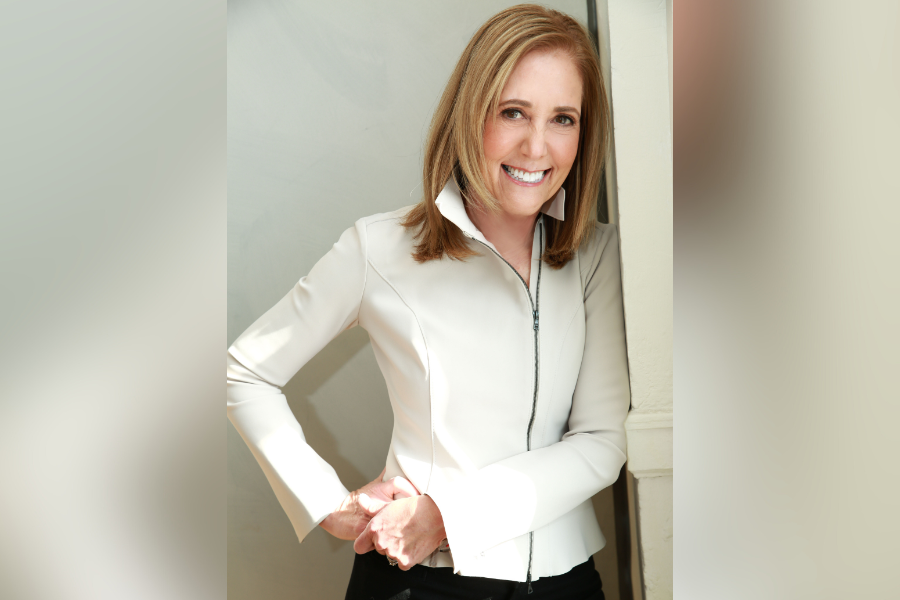Wirehouses best positioned to benefit from artificial intelligence
The new technology could threaten smaller advisory firms, according to research from Lex Sokolin.
Wirehouses are positioned to save big money with artificial intelligence technology — at the expense of the smaller advisory firms.
According to a new report from Autonomous Research, AI has potential to reduce front, middle and back office costs by $199 billion by 2030.
AI could save firms 60% in front-office costs by targeting financial advisers and the infrastructures that support them, cutting an estimated $125 billion across the industry. Another $32 billion could be saved by handing middle-office costs like compliance and trading to computers, while another $42 billion could be cut from portfolio manager compensation and associated research costs.
Most savings will be realized by the largest financial institutions. Independent firms could find themselves threatened, said Lex Sokolin, Autonomous’ global director of fintech strategy.
(More: Artificial intelligence coming to life in financial advice)
“[AI] is not like robo-advice, where it’s a single approach to solving a particular problem. It’s very much a technology that goes into everything,” Mr. Sokolin said. While computers may already be able to build competent investment portfolios, AI can help them threaten the relationship between clients and advisers. “What robo-advisers are not able to do on the phone or on the web, they potentially could do through conversational interfaces.”
The problem is that small registered investment advisers just don’t have the access to the same pool of data that wirehouses have. Armed with not only an investor’s financial data, but with consumer habits, personal information from social media and partnerships across industry, AI powered by JP Morgan or Wells Fargo could handle everything from wealth and banking to credit cards, money movement and lending.
Even if RIAs had access to the same data, AI technology remains expensive. Few independent firms have the resources to build AI or hire a firm like IBM to implement such a strategy.
Meanwhile, small advisers will continue to feel pressure from the other direction — the technology startups. Mr. Sokolin said that as fintechs feel pressure to make money, they are splintering their product into more areas.
SoFi, for example, started with online lending and now has a robo-adviser, insurance productgs and will soon roll out deposit accounts.
(More: How robos weathered Q1 market volatility)
“Advisers used to be able to say they are better than these simple solutions,” Mr. Sokolin said. “In three or four years, the competition will be an app that can do everything.”
The hope for RIAs has to come from the custodians, but they are already behind. Fidelity is developing a multi-custodial database, but Morgan Stanley is already rolling out its Next Best Action AI to advisers.
According to Mr. Sokolin, Bank of America Merrill Lynch is leading financial services companies in terms of AI patents. JP Morgan isn’t far behind.
“It’s not a great story for the regular financial adviser,” he added.
Learn more about reprints and licensing for this article.








